Understanding the variance: Quran Arabic vs Modern Arabic
Quran Arabic vs Modern Arabic are two distinct forms of the Arabic language that learners must differentiate between to decide their goals and which to learn.
Embarking on a journey to explore the beauty of the Arabic language is a life-changing experience that opens up new opportunities, cross-cultural connections, and a deeper comprehension of Islamic traditions. Whether you desire to connect with the Holy Qur’an in its authentic language, expand your horizons through a different cultural perspective, or simply enhance your personal development, diving into Arabic language learning is rewarding.
This blog aims to be your gateway to uncover the complexities and multifaceted Arabic language. As well as providing you with valuable insights, resources, and tips to help you navigate the journey of Arabic learning and deepen your understanding of the cultural and religious significance
What is the Quran Arabic
Quran Arabic vs modern Arabic refers to the Arabic language used in the Quran, the holy book of Islam. It is a form of classical Arabic distinct from modern Arabic dialects. Quran Arabic is a complex and rich language that requires a deep understanding of its grammar, syntax, and vocabulary. Learning Quran Arabic can be challenging, but there are resources available to help, such as self-teaching guides, online courses, and language learning apps. These resources can help individuals learn the language of the Quran and deepen their understanding of this holy text. Additionally, the Quranic Arabic Corpus is an invaluable tool for researchers and students delving into Quranic Arabic studies that provide annotated grammar, syntax, and morphology for each word in the Holy Quran, making it a valuable tool for researchers and students of Quranic Arabic.
What is Modern Arabic
Discussing the concept of Quran Arabic vs modern Arabic requires defining the meaning of each separately. While Quran Arabic refers to the Arabic language used in the Quran, Modern Standard Arabic (MSA) is the standardized version of Arabic utilized for formal and written communication throughout the Arab world. It is derived from Classical Arabic, the language of the Quran, but has changed to include contemporary vocabulary and expressions. While Classical Arabic is mainly employed for religious matters, MSA is used in media, education, politics, and other formal settings.
Modern Standard Arabic (MSA) common language in the Arab world. It acts as a bridge between speakers of different dialects, some of which cannot understand each other. MSA is the official or co-official language in 26 countries and is one of the six official languages of the United Nations.
Non-native speakers may find it difficult to learn modern standard Arabic because of its complex grammar, extensive vocabulary, and complex sound system. However, mastering MSA is crucial for formal communication in the Arab world and can lead to career opportunities in diverse fields.
Embracing the different varieties in Quran Arabic vs modern Arabic while Quranic Arabic has just one form modern Arabic is a language with a wide range of dialects and variations spoken in different parts of the Arab world. These dialects can be categorized into five groups: Maghrebi, Egyptian, Mesopotamian, Levantine, and Yemeni. Each group has its distinct features, vocabulary, and pronunciation, which have been shaped by historical, cultural, and social influences.
Core differences between Quran Arabic vs modern Arabic
In Fact, classical Arabic and Quran Arabic are the same thing, Quran Arabic is a specific form of Classical Arabic used in the Quran. It is considered the most prestigious form of Arabic and is used in religious contexts. This particular style of Arabic is distinguished by its poetic nature and the incorporation of classic vocabulary.
The main differences between Quran Arabic and Modern Standard Arabic lie in their forms of usage. Although Classical Arabic and modern Arabic share similarities in grammar and vocabulary, there are significant differences that learners who seek to differentiate between Quran Arabic vs modern Arabic should be aware of, these differences reflect the changes that have occurred in the Arabic language over time.
The Quran has specific vocabularies that are relevant to its context and time. Some words used in the Quran may have changed in meaning or are not commonly used in modern Arabic. The Arabic script used in the Quran is still consistent with modern Arabic writing, but it may have certain stylistic features, such as elongated vowels and diacritical marks, that are not commonly used in modern Arabic writing. While Arabic of the Quran is mainly used for religious purposes and reading the Quran due to its distinguished status in Islamic literature, Modern Standard Arabic (MSA) is widely used for formal communication throughout the Arab world. MSA serves as a common linguistic standard that connects different regional dialects spoken in Arabic-speaking countries.
Importance of Understanding Arabic of the Quran
In Islam, it is highly significant to comprehend Arabic as it is the language of the Quran, the Prophet’s Sunnah, and the Islamic heritage. This allows Muslims to establish a stronger bond with the Quran, grasp its teachings, and apply them in their everyday lives.
Understanding the Quran Arabic vs Modern Arabic is paramount for comprehending the Quran and Sunnah, as the Quran was revealed in Arabic. While translations are available, they often lack the original text’s essence, emphasizing the importance of learning Arabic. Proficiency in Arabic not only prevents the risk of altering Quran meanings but also intellectually empowers individuals by enabling a deeper understanding of Islamic literature, fostering complex thoughts and expressions. Learning Arabic, especially the Arabic of the Quran, is fundamental to mastering tajweed. Moreover, proficiency in Arabic enhances prayer engagement, enriching the spiritual connection during Salah. Additionally, Arabic proficiency provides cultural insight, facilitating effective communication with Muslim communities worldwide and serving as a bridge to understanding Islamic culture and traditions. One more thing, acquiring knowledge of Arabic enhances cognitive abilities, refines communication skills, and fosters a broader global and intercultural comprehension.
Mastery of Arabic is considered both an individual obligation and a communal responsibility for Muslims, ensuring the comprehension of fundamental concepts and enabling the memorization of Quranic verses, fulfilling religious duties.
Challenges in Learning Arabic of the Quran
Learning Quran Arabic presents various challenges, especially for non-native speakers due to the language barriers and the unique grammar, pronunciation, and Tajweed rules. The Quran dialect is particularly difficult to read and understand. However, with guidance from Quran classes, listening to recitations, revising mistakes, and communicating with other learners, students can overcome these challenges.
To overcome these challenges, one must be dedicated, patient, and consistently practice. This can be done through attending Quran classes, listening to recitations, seeking support from fellows and qualified teachers, and using Apps that make learning engaging and interactive by using stories from the holy book to teach Arabic words and meanings.
The spiritual rewards and benefits of mastering Quran Arabic are massive. Despite the difficulties, the journey of learning Quranic Arabic is rewarding as it offers profound knowledge and a stronger bond with the teachings of the Quran and Islamic heritage.
Mastering Arabic with Noor Institute
As we came to the end of the discussion on the concept of Quran Arabic vs Modern Arabic We can conclude that while both forms of Arabic possess distinct features, mastering one facilitates the acquisition of the other. However, the decision on which to prioritize depends on your specific goals.
If you want to learn modern standard Arabic or Arabic of the Quran, Noor Institute stands out as a reliable source for providing the Best Arabic classes online, offering a wide range of courses designed for learners of all levels, and providing a comprehensive curriculum. With highly experienced and qualified instructors, a flexible learning environment, and affordable tuition rates, the institute creates a supportive platform for individuals to start their Arabic language learning journey. The institute’s dedication to student success, combined with diverse teaching methods and deep cultural heritage, positions it as an excellent option for those interested in studying Arabic online and exploring the language’s significant historical and religious importance.











